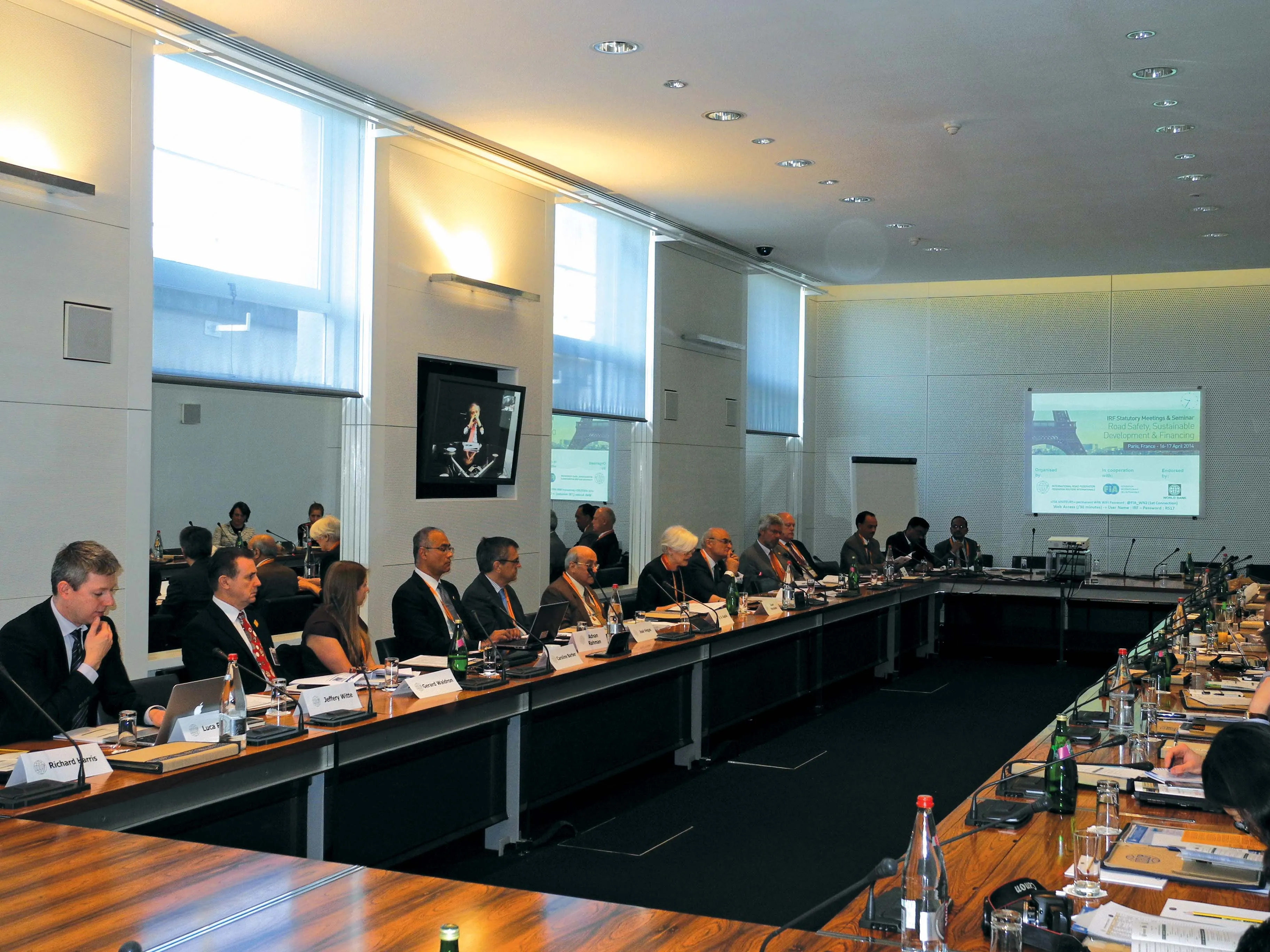A new study is calling for a more standardised approach for estimating the benefits of road safety initiatives. The aim of this is to save lives through the use of better road safety indicators. There is a clear need too. Almost 1.3 million people die in road crashes every year, and between 20 and 50 million are injured. Road traffic injuries are the leading cause of death among young people between 15 and 29 years of age. Road crashes cost countries around 1-3% of their GDP. In the face of these facts, the
January 21, 2013
Read time: 3 mins
A new study is calling for a more standardised approach for estimating the benefits of road safety initiatives. The aim of this is to save lives through the use of better road safety indicators. There is a clear need too. Almost 1.3 million people die in road crashes every year, and between 20 and 50 million are injured. Road traffic injuries are the leading cause of death among young people between 15 and 29 years of age. Road crashes cost countries around 1-3% of their GDP. In the face of these facts, the need for effective road safety policies is undeniable. Governments can more effectively improve road safety by making better use of indicators that reliably quantify the reduction of crashes due to interventions in the road-traffic system. This is the key message of a new report released today by the 1102 International Transport Forum, a global transport policy platform with 54 member countries, called Sharing Road Safety.
According to the study, lack of evidence about the effects of countermeasures, such as roadway signage, pedestrian crossing treatments or roadway geometric features on road crashes provides a barrier to the use of many critical, life-saving road safety initiatives.
Through the use of indicators, so-called crash modification functions (CMF) that provide measures of how interventions affect the number and gravity of road crashes, governments can reduce the risk of taking decisions that have little or no impact on improving road safety. CMFs help to identify effective countermeasures to road crashes. They also help to reduce the cost of road safety policies and can transfer lessons learned.
To realise the potential of CMFs and generate tangible benefits on a broad scale, more indicators need to be developed based on widely accepted methodologies such as those presented in the Sharing Road Safety report. Better CMFs will lead to increased transferability and, ultimately, safer roads.
“We are currently at a turning point, with the prospect of rapid advances and major cost savings through the transfer of results internationally”, said Patrick Hasson (US), Chairman of the international Working Group that compiled the report.
“We have to stop the global increase in road fatalities,” added José Viegas, secretary-general of the International Transport Forum. “The reduction in fatalities already achieved in some countries assures us that it is possible to reduce road deaths, and even there the efforts must continue. For those countries with increasing fatalities, the trend must be reversed. If this objective of the3262 United Nations 3439 Decade of Action for Road Safety is to become reality by 2020, measures like the ones proposed in our report should be implemented without delay.”
Dr Steve Lawson, Partnerships and Research Director, International Road Assessment Programme (iRAP) commented, “This is a pathfinding report that reinforces the importance of understanding the effectiveness of road safety countermeasures – it will be useful to practitioners, researchers and policy-makers alike. iRAP’s work towards enabling a world free of high risk roads relies heavily upon reports such as this where best-in-field come together to establish the theoretical framework and add available knowledge to that.”
According to the study, lack of evidence about the effects of countermeasures, such as roadway signage, pedestrian crossing treatments or roadway geometric features on road crashes provides a barrier to the use of many critical, life-saving road safety initiatives.
Through the use of indicators, so-called crash modification functions (CMF) that provide measures of how interventions affect the number and gravity of road crashes, governments can reduce the risk of taking decisions that have little or no impact on improving road safety. CMFs help to identify effective countermeasures to road crashes. They also help to reduce the cost of road safety policies and can transfer lessons learned.
To realise the potential of CMFs and generate tangible benefits on a broad scale, more indicators need to be developed based on widely accepted methodologies such as those presented in the Sharing Road Safety report. Better CMFs will lead to increased transferability and, ultimately, safer roads.
“We are currently at a turning point, with the prospect of rapid advances and major cost savings through the transfer of results internationally”, said Patrick Hasson (US), Chairman of the international Working Group that compiled the report.
“We have to stop the global increase in road fatalities,” added José Viegas, secretary-general of the International Transport Forum. “The reduction in fatalities already achieved in some countries assures us that it is possible to reduce road deaths, and even there the efforts must continue. For those countries with increasing fatalities, the trend must be reversed. If this objective of the
Dr Steve Lawson, Partnerships and Research Director, International Road Assessment Programme (iRAP) commented, “This is a pathfinding report that reinforces the importance of understanding the effectiveness of road safety countermeasures – it will be useful to practitioners, researchers and policy-makers alike. iRAP’s work towards enabling a world free of high risk roads relies heavily upon reports such as this where best-in-field come together to establish the theoretical framework and add available knowledge to that.”








